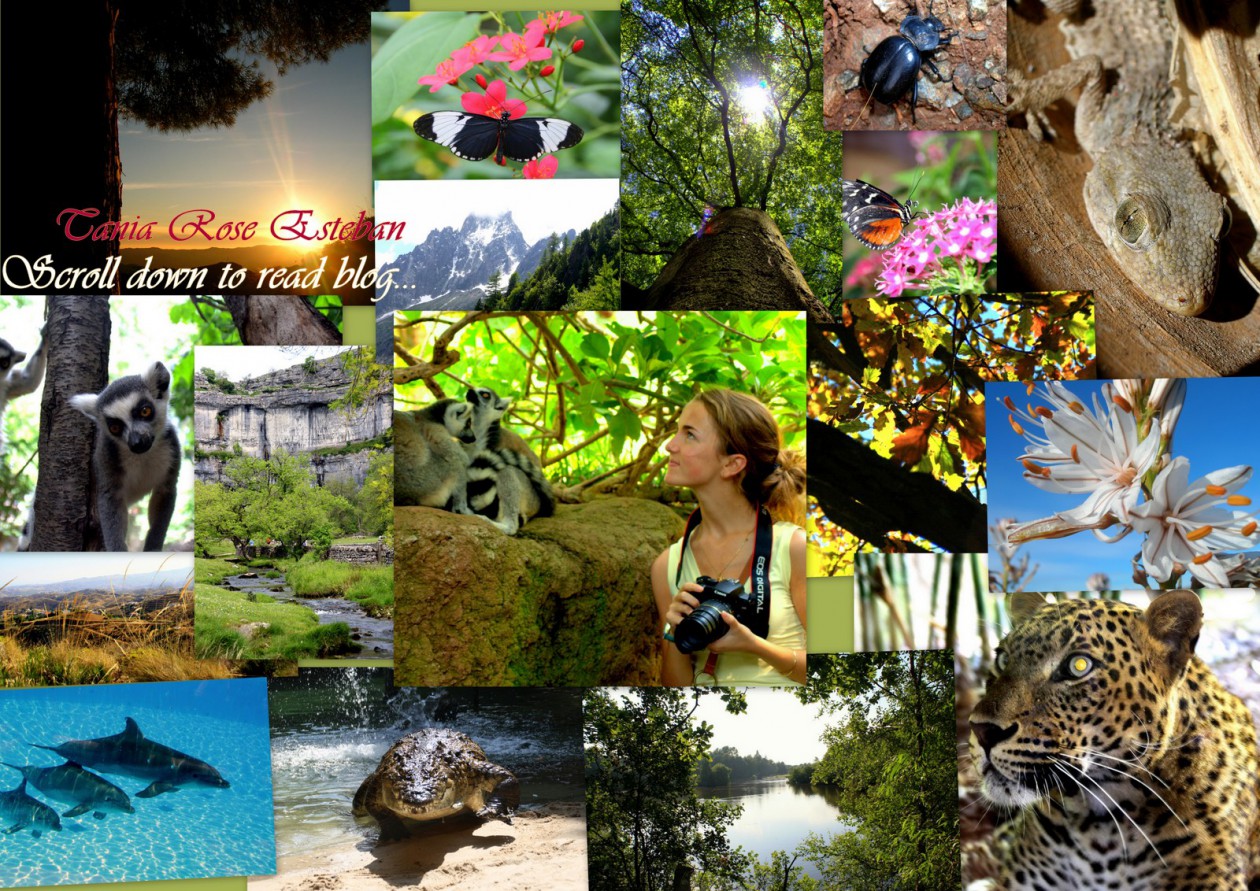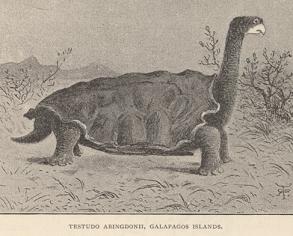‘Who has made the greatest contribution to biology, Gregor Mendel or Charles Darwin?’
There is no doubt that the irrefutably intrinsic contributions of both these remarkable scientists enabled future generations of scientists to make further advances in biology which has shaped our lives worldwide; but to what extent does Charles Darwin’s theory of evolution and natural selection or Gregor Mendel’s set of laws of inheritance outweigh each other in terms of importance?
Charles Darwin (1809-1882) was ‘a man born to explain the astonishing diversity of life and in doing so would revolutionise the way in which we see the world and our place in it.’ Indeed a revolutionary biologist, his pivotal idea was to be inspired on his journey to the Galapagos in 1835 aboard the HMS Beagle. Darwin collected a plethora of different species and meticulously noted minute differences between the species of the Galapagos and the mainland of South America. The evidence suggested that each species had not been independently formed by a creator but had diverged from a smaller group of common ancestors within the major animal kingdoms (Bowler 1983). His ideas of natural selection developed during 1837-1838. The proposed theory stated that in all species limited resources lead to a struggle for existence either between or against other species members, this is known as intraspecific and interspecific competition (Fullick 2008).
Variation within species influences the success of an organism; therefore species with more advantageous ‘variations’ will live to reproduce and pass on these useful characteristics to their offspring and will better enable it to survive in its particular environment; this is natural selection (we now know that variation in genetic terms means advantageous alleles which occur due to DNA mutations, gene flow and sexual reproduction). This process over time would lead to the elimination of the lesser adapted species and the survival of the better adapted ones and possibly a new species (this is known as evolution, however, Darwin did not directly call his theory this).
It took 22 years after his voyage to the Galapagos, armed with a wealth of knowledge and a mountain of evidence to publish the world-famous Origin of Species in 1859 (Shanahan 2004). It is clear today that the extent of Darwin’s contribution of his theory of natural selection has greatly contributed to biology. We are now fully aware of the interconnections between species and how we evolved over time. This also lead to the discovery of continental drift, the ‘missing links’ within our earths history through fossil records, the age of the earth itself and inspiration for other biologists. Professor John Shine from the Garvan Institute of Medical Research stated that “Darwin’s theory was a fundamental building block for all modern biology…underpinning the way we think about a lot of medical and biology research” (Arnott 2009). Also in agreement of Darwin’s achievements is Professor Tim Flannery who concluded that what Darwin has done for modern science and indeed every living individual on the planet is “give us the context that created us” and I am inclined to agree with both leading scientists (Arnott 2009).
However, many critics of Darwin argue that his contribution was not as great as that of Mendel’s and that Mendel was the ‘father of genetics’ (Mawer 2006). Gregor Mendel was an Austrian monk and biologist who experimented with peas. Quite like Darwin, he was a nature enthusiast and studied at the University of Vienna before returning to priesthood in the Augustinian abbey (Montgomery 2009). It was at the abbey where he began his famous experiments with peas. Between 1856 and 1863 he grew and observed more than 28 000 pea plants and identified seven characteristics showing discontinuous variation including flower position, pea colour and pod shape (Fullick 2008). He experimented by crossing the pairs of peas and recorded which characteristics were passed down onto the next generation, later presenting his results to the Brunn Natural History Society. In 1866 his papers on the subject were published describing the two fundamental laws of hereditary; these are known as Mendel’s Laws of Segregation and Independent Assortment.
Mendel helped us recognise how organisms passed on their traits to their offspring. His idea of genes was as “discrete particles passed on intact from parent to offspring” (Walsh 2012) and although his great achievements were not noted until 16 years later by Hugo de Vries and Karl Correns, the significance of Mendel’s discovery has enabled our modern society to function as his research laid the foundations for the study of genetics. The Human Genome project for example was created as a multinational project to determine the base sequence of the human genome and many new ones have been identified such as those responsible for disease (Skinner and Lees 2009) which has lead to the development of target drugs benefiting millions globally. Mendel had read Darwin’s theory with interest but pivotally disagreed with the blending notion (Pangenesis- where both parents contribute fluids to the offspring containing the genetic material which is blended to create the new offspring, Walsh 2012) and this is the main reason for many why it was Mendel who was the greatest contributor to biology as he had no ‘gaps’ in his evidence (Leroi 2009). However, I would argue that although Darwin had difficulty in comprehending inheritance, part of his genius was to realise that not understanding inheritance was not a predicament for his theory of natural selection and he had sufficient evidence for it from his work on domesticated animals and plants as well as from communicating with other scientists.
The world’s most influential biologists, “Darwin and Mendel were contemporaries to many and yet the initial acceptance of their ideas suffered very different fates” (Walsh 2012). Darwin theorized evolution and its complex traits (concepts from population and quantitative genetics) whilst Mendel was concerned with the “transmission of traits from a genetic basis.” Combining Darwin’s theory of evolution with Mendel’s genetics was the most important breakthrough in biology as it triggered a cascade of a whole host of other biological discoveries including DNA (Mayr 1997) the understanding that bacteria evolve which has enabled us to devise methods of dealing with the diseases that they causes and also the disentanglement of the complex relationships between animals and plants within communities enabling us to foresee some of the consequences when we start to interfere with them. I have found both these remarkable scientists profusely influential in my life and to many of my heroes. I therefore collectively deem both of these extraordinary biologists of equal importance in their contributions to biology, because not only have they revolutionised modern biology, they have inspired countless generations to further pursue scientific knowledge, which is fundamental to the survival, well-being and enjoyment of future generations to come on an ever-changing planet.
However, our planet is changing. Although natural phenomena have always influenced our climate, the surmounting evidence is unequivocal – Homo sapiens’ ignorance and reckless activities have caused a colossal shift in the natural order and balance of our ecosystems and inevitably the animals that previously co-existed within them. Threats such as climate change, the introduction of invasive species and habitat loss have decimated animal and plant species numbers over the past 100 years to such an extent that nevermore so has the study of zoology been pivotal in understanding the complex interrelationships between specie physiology, behaviour, evolution and development in order to protect their very existence. To be able to understand the intricate relationships animals have within their environment and observe their interactions within it is truly a blessing. I have been enchanted by all organisms from a very young age; to study them in depth would be a privilege and would give me the opportunity to return the same fulfilment by protecting them for future generations to see.











